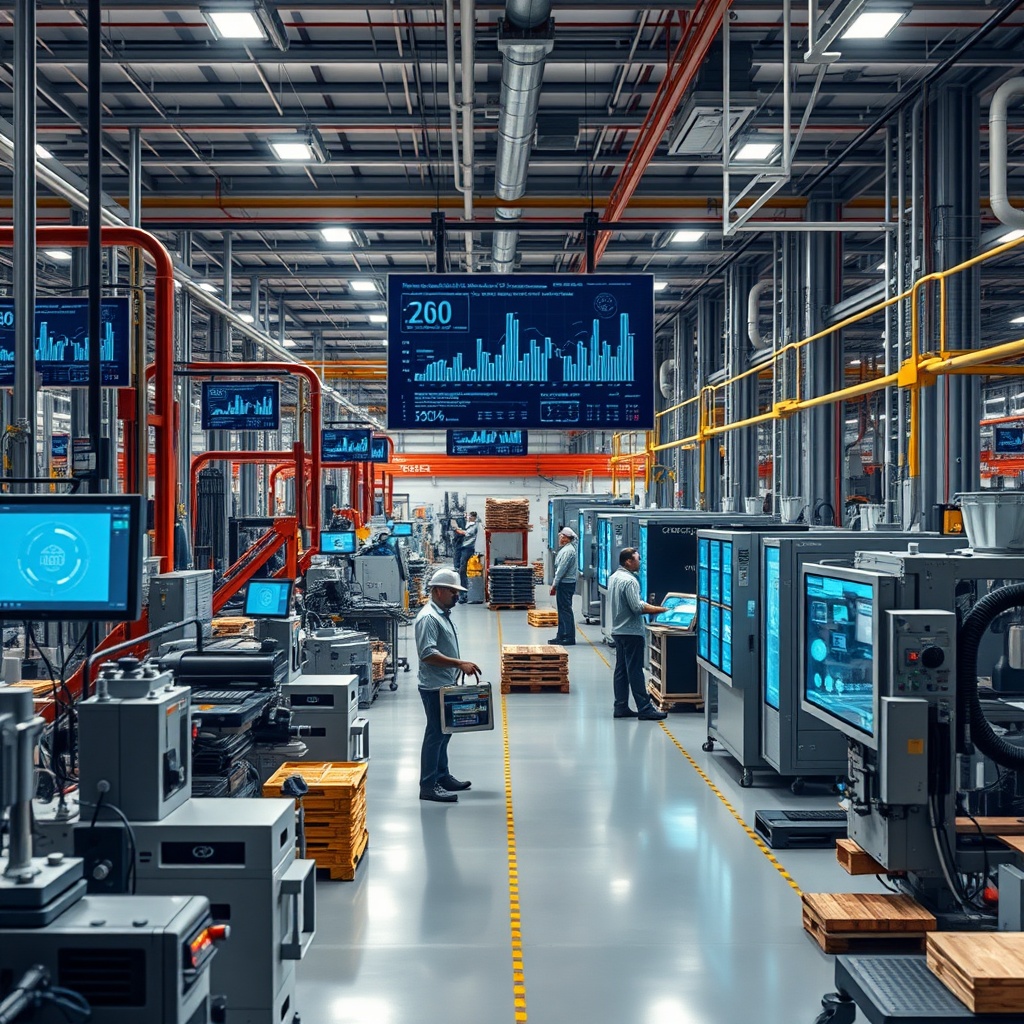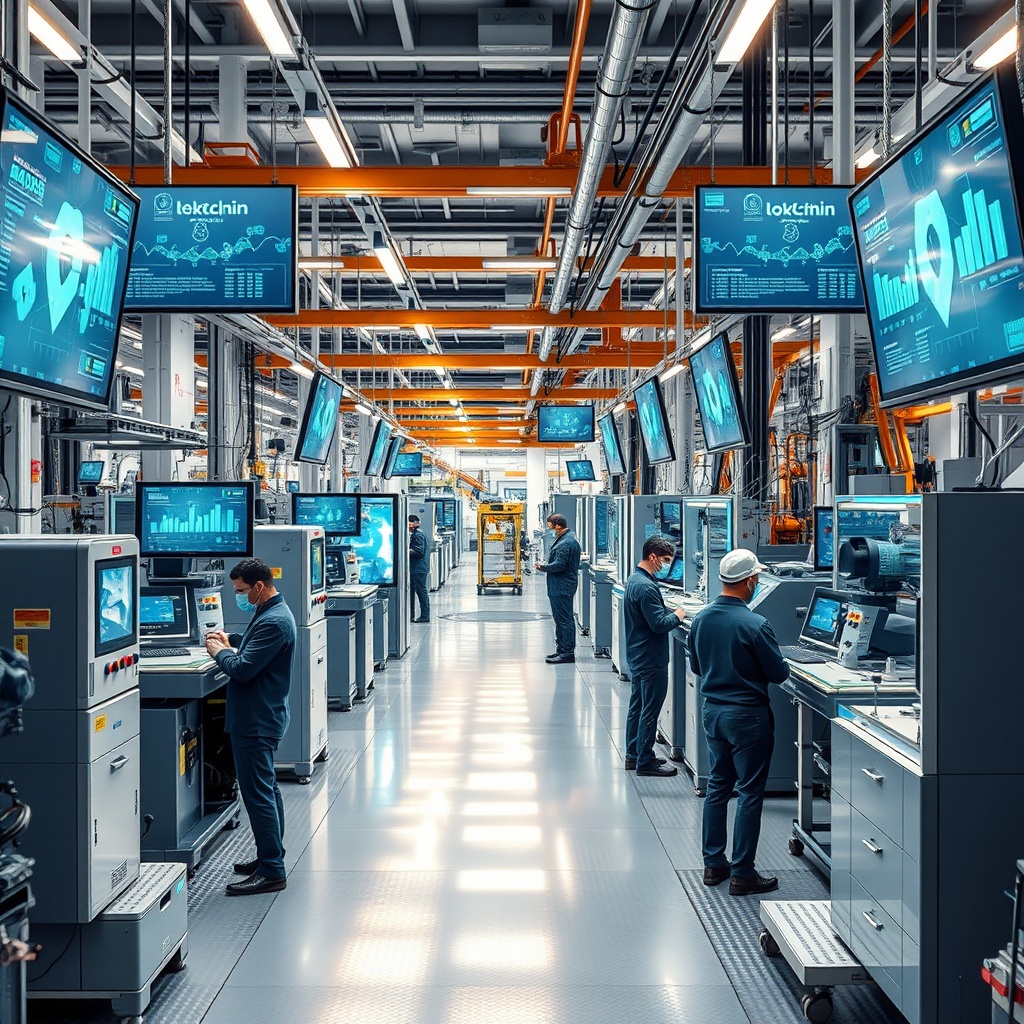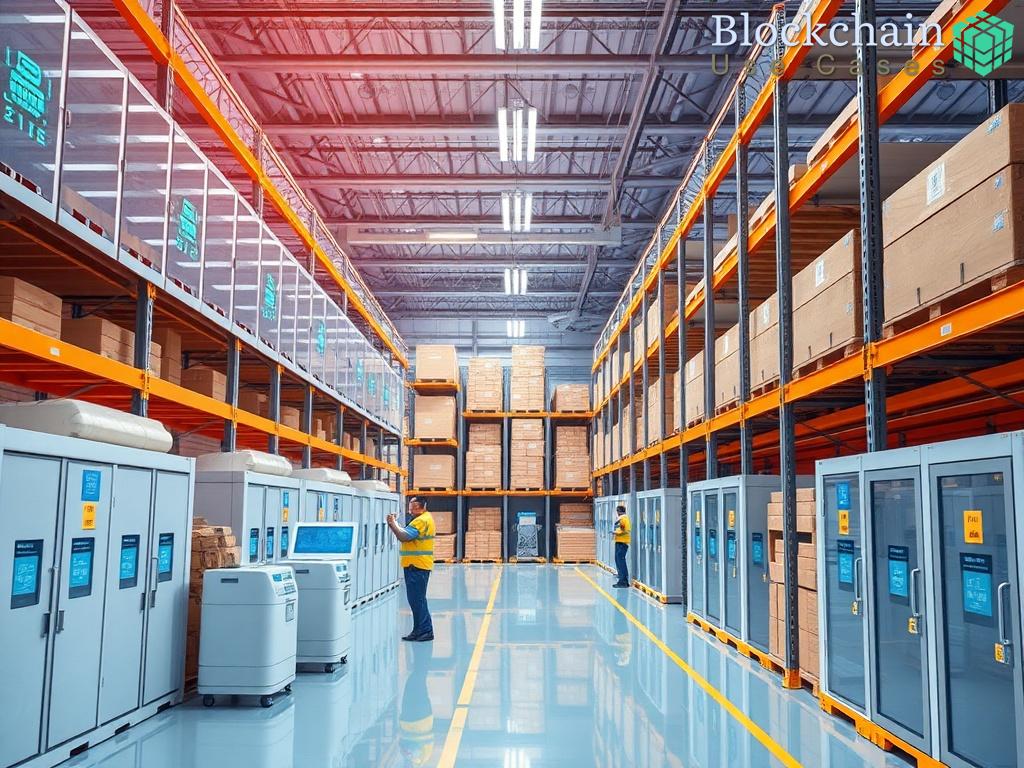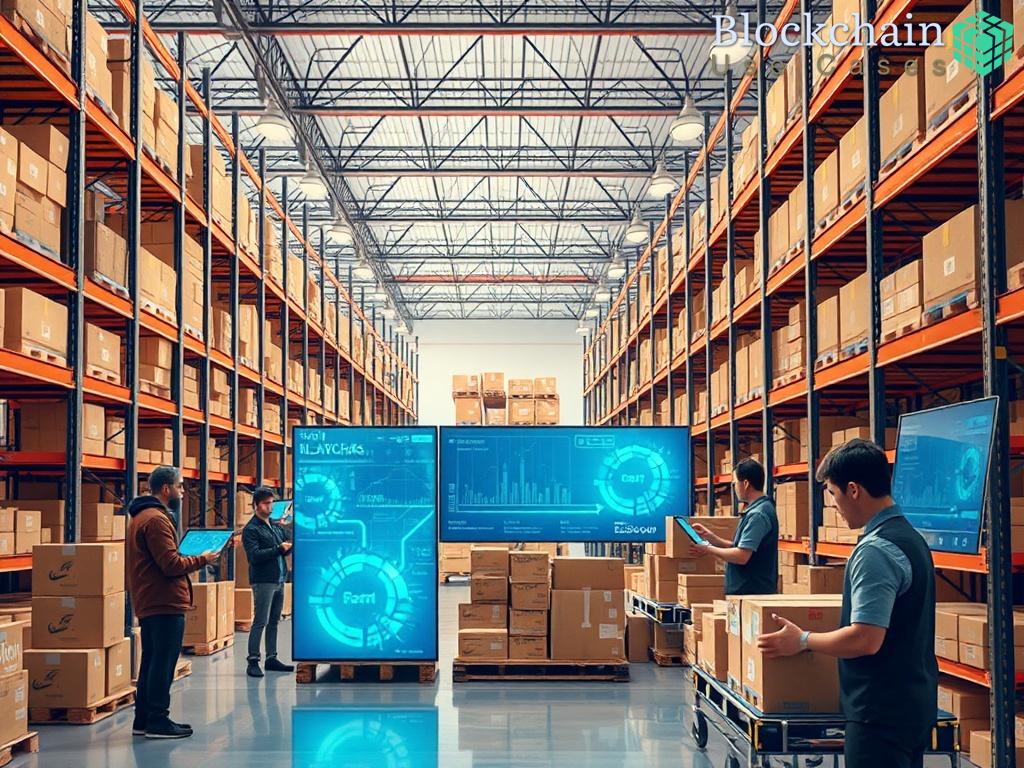The manufacturing landscape is undergoing a seismic shift, driven by the advent of blockchain technology. In an industry often hampered by inefficiencies and opaque supply chains, decentralized production planning emerges as a beacon of hope. By leveraging the power of blockchain, manufacturers can streamline processes, enhance collaboration, and ultimately, boost productivity.
Connecting the Dots: Blockchain as the Backbone of Production Planning

Blockchain technology offers a unique solution to the traditional challenges faced in production planning. At its core, blockchain is a decentralized ledger that ensures transparency and traceability in every transaction. Imagine a scenario where every component of a supply chain—from raw materials to finished products—can be tracked in real-time. This level of visibility not only reduces delays but also fosters accountability among stakeholders.
Key Benefits of Decentralized Production Planning
Integrating blockchain into production planning unlocks a myriad of benefits that are crucial for modern manufacturing. Below is a list of the most significant advantages:
- Enhanced Transparency: Every transaction is recorded on a public ledger, making it easy to trace the origin of materials and the flow of goods.
- Improved Collaboration: Smart contracts can automate agreements between parties, reducing the need for intermediaries and expediting workflows.
- Cost Reduction: By minimizing errors and delays, manufacturers can significantly lower operational costs and improve their bottom line.
- Supply Chain Resilience: With real-time data, companies can better anticipate disruptions and respond swiftly to changes.
Future Trends: The Evolution of Blockchain in Manufacturing
As we look to the future, the integration of blockchain in manufacturing is poised to evolve further. With the rise of Industry 4.0, manufacturers are increasingly adopting advanced technologies such as IoT and AI, which can be seamlessly paired with blockchain for even greater efficiency. The potential for smart factories—where machines communicate and collaborate autonomously—is on the horizon, fundamentally transforming how production planning is approached.


















